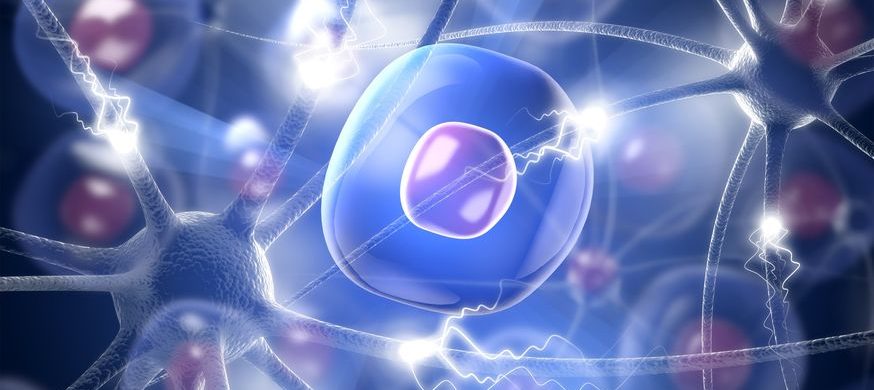Stem cell therapy and its capacity to heal a broad range of conditions are gaining prevalence in orthopedic treatment, but what exactly are stem cells, anyway?
Defining Stem Cells
All of us have stem cells in our bodies. They’re considered the master cells of the body, meaning that they’re used to form all other types of cells. From nerve cells to blood cells to bone cells and more, stem cells are the starting point from which the cells in your body with specific functions are created.
Since stem cells have the capacity to generate several types of cells, they’ve been (and are currently being) widely studied for use in various treatments. Adult stem cell therapy is currently available at Regenerative Orthopedic Institute to treat injuries and conditions relating to the joints, bones, muscles, ligaments, and tendons. This type of stem cell therapy uses autologous cells, which means the cells used in treatment come directly from the patient. This negates the risk of the body rejecting the newly formed tissue.
Understanding Stem Cell Therapy
In adult stem cell therapy, the stem cells are collected in one of two ways. Your doctor may either aspirate the bone marrow from the back of the pelvis or from fat cells in the abdomen. In either case, the aspiration can be completed in a medical office with local anesthesia.
Once the aspirate has been taken from the patient, a centrifuge is used to isolate the stem cells. This leaves behind a concentration of stem cells that can be injected into the damaged tissue.
Platelets are used in stem cell therapy as directors. They activate the stem cells, allowing them to repair the damaged tissue while facilitating the tissue’s natural repair process. In the two to three months following treatment, the tissue will gradually be repaired. Many patients, however, experience relief from pain soon after stem cell therapy is administered.
To learn whether stem cell therapy could be a good addition to your treatment plan, contact Regenerative Orthopedic Institute today.

